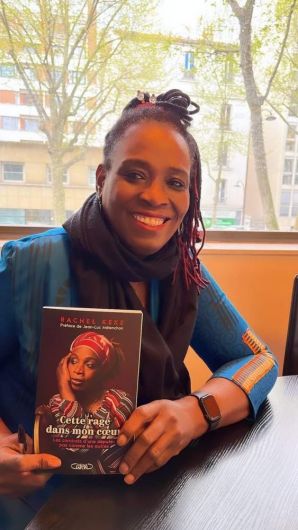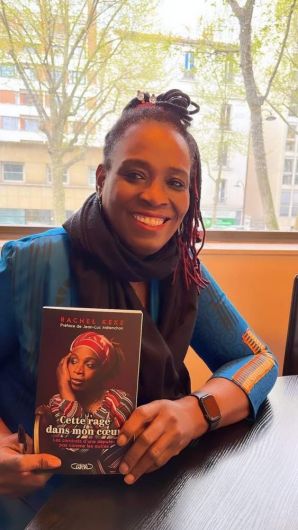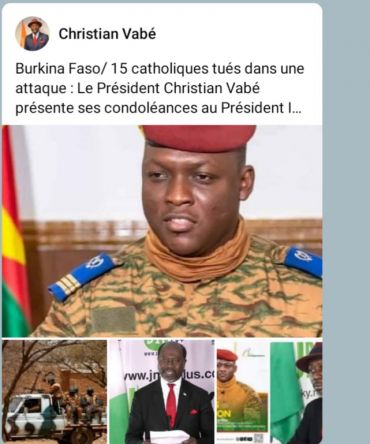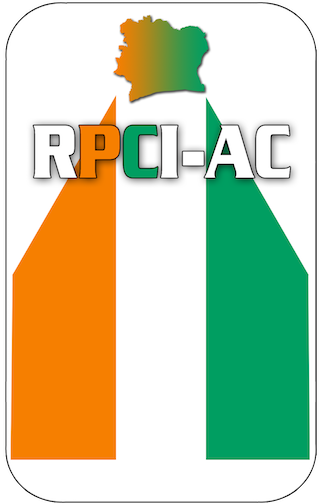"Years of revolution":"Spotlight on military coups in the third world"(part 2)
Le 27 décembre 2011 par IVOIREBUSINESS - General speaking, military coups occur when the military have both the opportunity and the disposition to intervene, and when central government seems
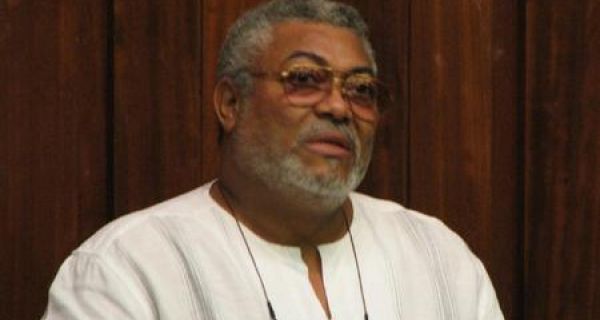
Le 27 décembre 2011 par IVOIREBUSINESS - General speaking, military coups occur when the military have both the opportunity and the disposition to intervene, and when central government seems
to be weak and has no entire control over the state! In that way, opportunities often arise when the civil authorities need the military to fight a war or act as a police force. But what of the initial disposition to intervene? First and foremost, class motives may be part of the military creed. Moreover, soldiers may act on behalf of particular social interests! In post colonial Africa, class interests are less important than ethnic affiliations. Many military coups are outgrowths of ethnic, religious or regional tension within society. For instance, the first nigerian republic was destroyed by coups driven by ethnic and regional rivalries: the "biafra" war was a conspicuous example of how an african nation could go down to the drain through a so called attempted secession war, that failed in the sixties! Finally, the key nigerian rebel (Odjuku) from the "Ibo" tribe, backed up by the french government through former ivorian president "Felix Houphouët Boigny" withdrew and settled in the "Ivory Coast", where he got a status of asylum seeker over two decades!In "Liberia",(A west african america's stepchild) since 1847, the first military coup in 1980 led by sergent "Samuel Kanyon Doe" was labeled as the will of the liberian country people to free themselves from the american liberian domination over almost one century(1847-1980)! Therefore, The united states of America had no reason to change this particular motivation. At that particular period, Sergent "Samuel Kanyon DOE" was nicknamed the redemptor, compared to a "messie", throug a strong spititual analogy!In the whole Africa, further examples of etnic motives can be found in military coups in other african states among them: "RDC"(ex zaire), "Uganda", "Tchad", "Guinea Bissau"...In addition to that crucial reality, institutional interests can also provoke special intervention, such as threat to the military's budget, autonomy, living standards or prestige all provoke discontent in the armes forces. In "Ghana"(former gold Coast), six years after nationalist president "Osagefo Kwamé N'KRUMAH" was removed by a coup in 1966, the military overthrew the reformist government of doctor "Busia", which had been attempting to curb the extravagant lifestyle of military officers. In the same trend, in much of the third world countries, the military provides one of the few channels for ambitious young men of humble background to achieve status and financial reward in society. If these aspirations are frustrated, then a military coup is likely! Finally, a military coup may be a vehicule for personal ambition. Such motives are scarcely sufficent in themselves to provoke a successful coup. In "Uganda", the authoritarian nationalist nature of former president "Idi Amin's government between 1971 and 1979 was early shaped by his drive to attain personal power. This case can be added to what took place politically in the "Ivory Coast", when general "Guei" took over through a military coup in december 1999...Unfortunately, he failed to keep his promise to turn the country into civil rule, and refused to accept popular elections verdict in the "Ivory Coast" : That was the roots of the first ivorian turmoil in 2000.
(Yves T Bouazo)


